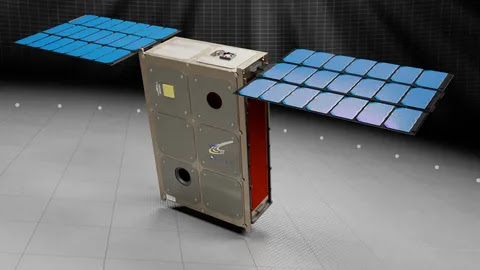Pulmonary Drug Delivery Systems Market Trends, Competitive Landscape, Key Developments, Product Type, Application, Region
Pulmonary Drug Delivery Systems Market
Pulmonary administration is an efficient treatment strategy for lung and other disorders. The Pulmonary Drug Delivery Systems Market can deliver drugs straight to the lungs (PDDS). Maintaining local drug concentration, reducing adverse effects, controlling drug release, promoting drug absorption, extending drug action time, and improving patient compliance are all advantages of PDDS. Polymers have been widely used to create innovative PDDS. Chitosan (CS) is a natural cationic polysaccharide that is abundant in its source. It possesses several unique physicochemical features, as well as strong biocompatibility and biodegradability. For decades, CS has been a prominent biomaterial in pharmaceutics and is widely employed in medication delivery.
Many amino groups can be found in
CS. The positive charges present can interact significantly with the negatively
charged mucosa membranes, resulting in CS adsorption on the mucosal surface is
facilitated, cilia clearance is avoided, and adhesion and penetration rates on
the cell membrane are improved. Furthermore, investigations have demonstrated
that CS can open cell tight junctions, promoting drug transport through
epithelial tissue. As a result, CS is an excellent material for PDDS. This
chapter will concentrate on the research advancements and applications of CS in
PDDS. Many representative and advanced studies on CS-based PDDS are thoroughly
discussed.
The global pulmonary drug delivery systems market is estimated to
account for US$ 30,005.80 MN in terms of value in 2020 and is expected to reach
US$ 41,072.7 by the end of 2027.
The rising awareness of pulmonary
disorders, as well as the availability of numerous pulmonary drug delivery
devices, are driving market expansion. The widespread availability of pulmonary
drug delivery systems in retail pharmacies and e-pharmacies is likely to boost
the industry. Furthermore, increased R&D activities have fostered the
development of innovative drug delivery systems, and new product releases by
market players are poised to have a substantial impact on global demand for
pulmonary drug delivery systems. For example, in October 2018, Philips released
the InnoSpire Go, a drinkable mesh nebulizer. It is a portable, hand-held,
small-sized, light-weight nebulizer that can dispense medications in a matter
of minutes. As a result, the existence of Top manufacturers and their new
product offerings are helping to drive market expansion.
During the forecast period, the Pulmonary Drug Delivery Systems Market
is expected to grow at a CAGR of 4%. This is due to technological developments,
an increase in the incidence of respiratory disorders, and a desire for
pulmonary medication delivery as an alternative route of drug delivery. Due to
various advantages connected with this delivery system, such as the large
surface area present in alveolar sacs, high drug loading efficiency, and high
vascularization, pulmonary drug delivery systems are optimal drug approaches
when compared to conventional drug delivery approaches. Furthermore, the rising
prevalence of chronic respiratory disorders will increase the demand for a
pulmonary drug delivery system. The large rise in the targeted patient pool
from the previous year will raise demand for pulmonary medication delivery
systems. Furthermore, technological advancements in the pulmonary medication
delivery system, in conjunction with government and non-government initiatives,
will generate attractive prospects for the industry in the coming years.
Segmentations
o Product Type
Nebulizers MDIs DPIs
o Application; Asthma COPD Cystic Fibrosis
o Region North America Latin America Europe
Asia Pacific Middle East Africa
Competitive Landscape- 3M Health Care, Allied Healthcare Products, Inc., AstraZeneca plc, Boehringer Ingelheim, CareFusion Corporation, GF Health Products, Inc., GlaxoSmithKline plc, Merck & Co., Inc., Novartis AG, Omron Healthcare, Inc., Glenmark Pharmaceuticals, PARI Respiratory Equipment, Inc., and Philips Healthcare.




Comments
Post a Comment